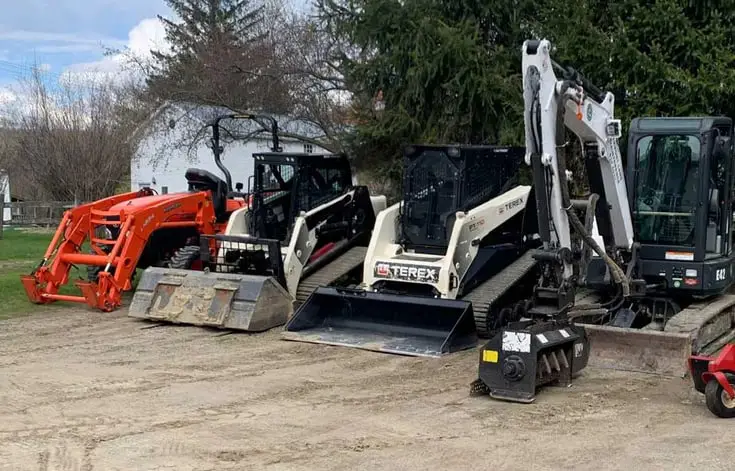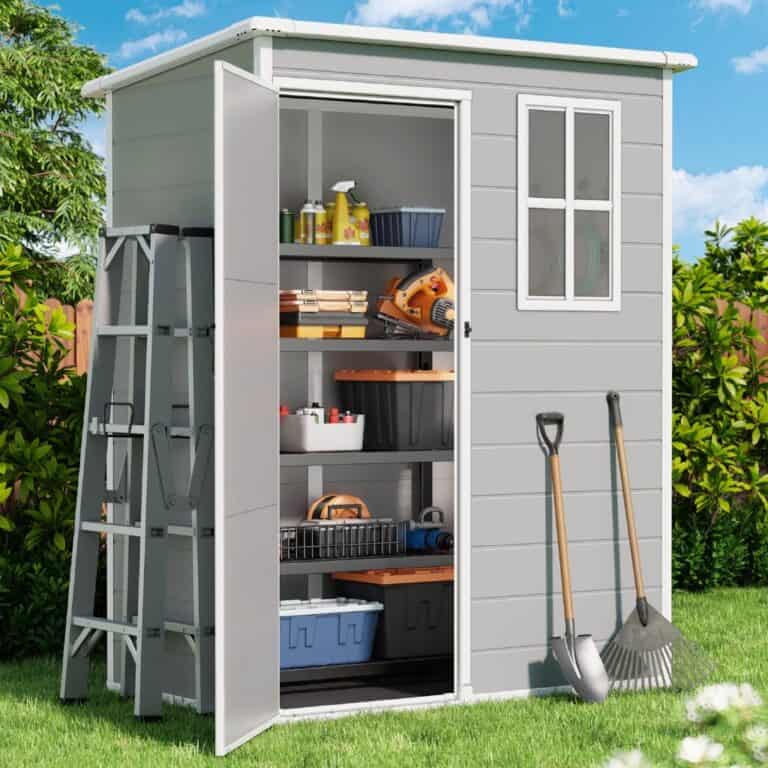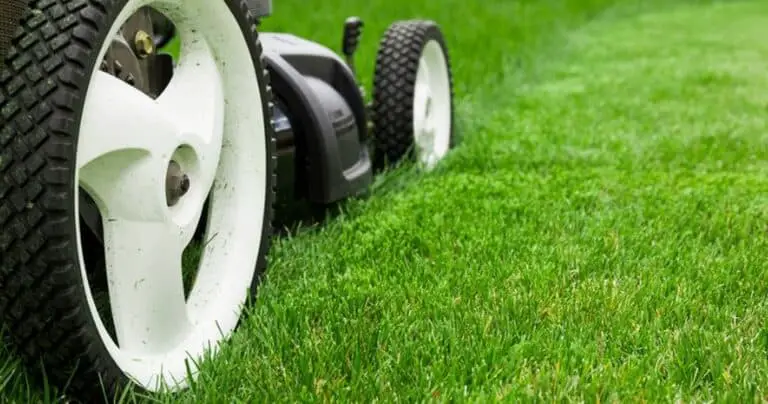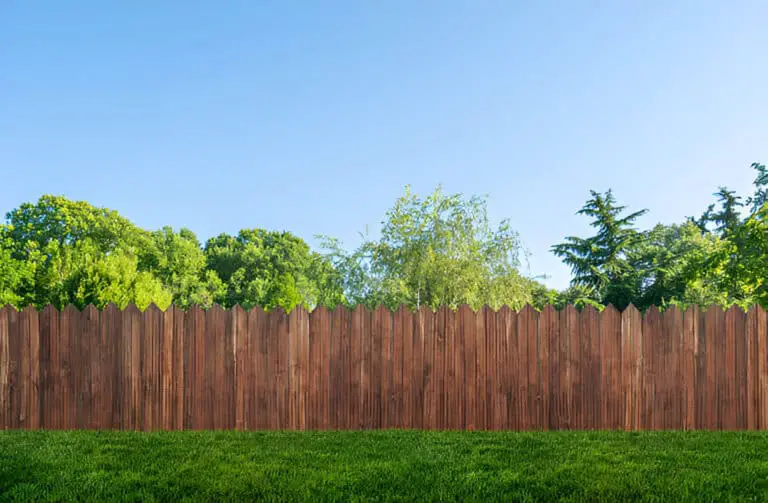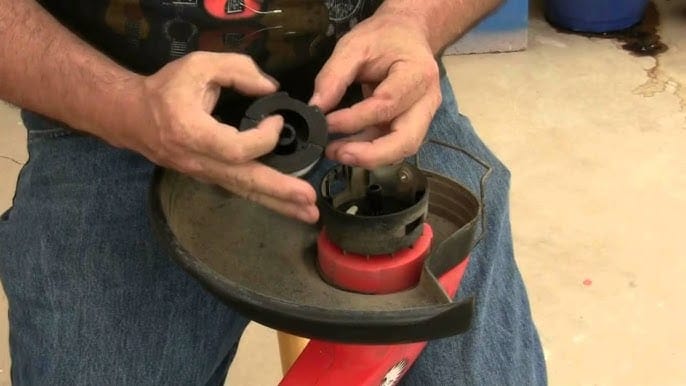Is It Legal to Live in a Backyard Shed? The Surprising Answer
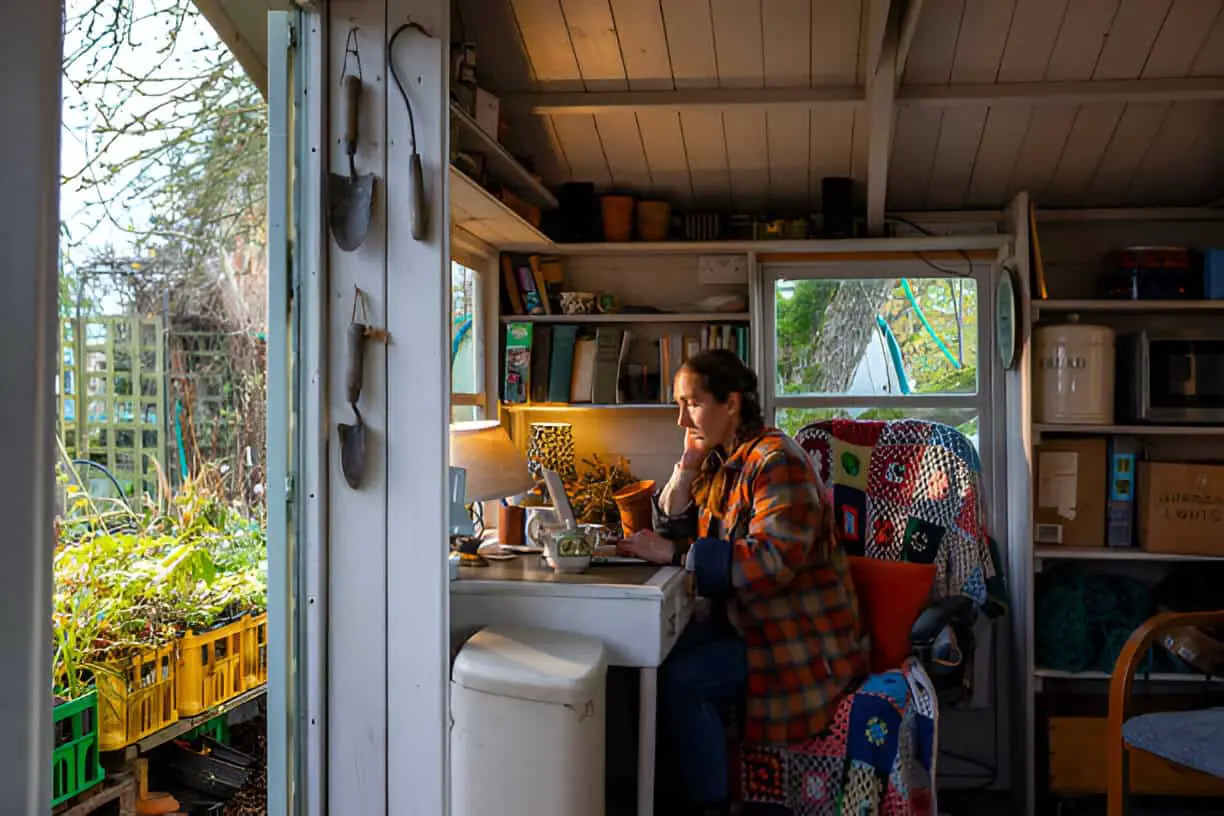
Turning a backyard shed into a cozy living space might seem like an affordable and practical solution, especially with the rising cost of housing. Whether you dream of a minimalist retreat, a tiny home, or a temporary guesthouse, the idea of shed living is undeniably appealing. But before you start outfitting your shed with insulation and electricity, there’s one crucial question to answer—is it actually legal?
Can you legally transform a simple storage shed into a full-time residence? The answer isn’t as straightforward as you might think. Zoning laws, building codes, and property regulations vary widely by location, meaning what’s allowed in one city may be strictly prohibited in another. Are there ways to make it legal? Or are you risking hefty fines and eviction?
This article will break down the legalities of backyard shed living, covering zoning laws, permits, and potential loopholes. By the end, you’ll have a clear understanding of what’s possible—and how to avoid costly mistakes.
Is It Legal to Live in a Backyard Shed?
Yes, it is legal to live in your own backyard shed. But the legality of living in a backyard shed depends on local zoning laws, building codes, and permit regulations. In most areas, sheds are classified as accessory structures, meaning they’re designed for storage, not habitation. However, converting a shed into a livable space requires compliance with safety standards, such as insulation, plumbing, and electricity.
Key Factors Affecting Legality:
- Zoning Laws – Some areas prohibit residential use of sheds, while others allow tiny home conversions under specific conditions.
- Building Codes – Requirements may include minimum square footage, ceiling height, ventilation, and fire safety measures.
- Permits – Many municipalities require permits for electrical, plumbing, and structural modifications.
To ensure compliance, check with your local building department before making any modifications. Failing to follow regulations could lead to fines, eviction, or forced deconstruction of the shed.
Understanding Zoning and Building Codes

The biggest hurdle to shed living isn’t the shed itself—it’s the law. Local zoning regulations and building codes determine whether you can legally use a shed as a residence. Here’s a breakdown of the key factors:
| Factor | What It Means |
| Zoning Laws | Dictate how land in a specific area can be used (residential, commercial, agricultural, etc.). |
| Building Codes | Ensure structures meet safety standards (foundation, insulation, plumbing, electrical, etc.). |
| Permit Requirements | Some areas require a permit to even place a shed on your property, let alone live in one. |
If your local zoning laws prohibit full-time residential use of a shed, you’re out of luck. However, some rural areas or off-grid locations have more relaxed rules.
Why Most Backyard Sheds Don’t Qualify as Legal Residences
Even if zoning laws allow for an accessory dwelling unit (ADU) or tiny home, most sheds don’t meet the minimum building code requirements for living spaces. Here’s why:
- No Permanent Foundation – Many sheds sit on gravel or concrete blocks rather than a proper foundation, which is a big no-no for residential structures.
- Lack of Utilities – Running water, electricity, and sewage systems are essential for a habitable dwelling.
- Insulation and Ventilation – Sheds aren’t built for year-round living, making them uncomfortable and even unsafe in extreme weather.
- Egress and Fire Safety – Building codes require specific door and window sizes for emergency exits.
- Too close to Your Neighbor — You need to adhere to the proximity of your shed to the property line, whether for yours or your neighbor.
If you plan on converting a shed into a living space, you’ll need to make some major upgrades to bring it up to code.
Loopholes and Legal Workarounds
Just because a standard shed isn’t a legal home doesn’t mean you’re out of options. Here are a few ways people make it work:
- Convert It into an ADU – Many cities allow for Accessory Dwelling Units (ADUs), meaning if you upgrade your shed to meet code, you might get approval.
- Classify It as a Tiny Home – Some jurisdictions recognize tiny homes as legal residences, especially if they are on wheels and classified as an RV.
- Live in a Shed Temporarily – Some rural areas allow non-permanent structures for seasonal or temporary housing.
If you’re set on making a shed your home, check with your local zoning office and building department to see what’s possible.
The Risks of Living in a Shed Illegally
If you decide to move into a shed without proper approval, you’re taking on some serious risks:
- Fines and Eviction – Local authorities can impose fines or force you to vacate if your shed isn’t legally permitted.
- Utility Challenges – Setting up water, electricity, and sewage without proper permits can lead to costly consequences.
- Safety Hazards – Without shed insulation, fire protection, and structural integrity, sheds can be dangerous to live in.
It’s always better to go through the legal channels to live in your shed rather than risk fines, eviction, or even injury.
| Related: How to Waterproof the Base of Your Shed Like a Pro |
Insurance Considerations
Converting a shed into a livable space isn’t just a zoning or comfort issue—it also impacts your homeowners insurance. Most standard policies cover sheds as outbuildings, but once you start adding electrical wiring, plumbing, or insulation, the structure moves into a different category. Insurers may no longer see it as a simple storage unit, which could affect coverage and premiums.
Updating your insurance policy after modifications is essential. Without proper documentation, you risk coverage gaps in case of fire, storm damage, or liability issues. Informing your insurer about changes ensures your policy reflects the shed’s new purpose, potentially requiring an endorsement or a separate dwelling policy.
Failing to disclose these modifications can lead to denied claims. If an accident occurs, the insurer may argue that the structure wasn’t properly covered, leaving you financially responsible. Always review policy details and consult your provider before making significant alterations.
Final Verdict: Is Shed Living Legal?
In most places, no, you can’t legally live in a shed without modifications and permits. However, if you’re willing to put in the work to meet zoning laws and building codes, you might be able to turn a shed into a legal tiny home or ADU.
Before making any decisions, always check with your local municipality. Every region has different rules, and some are more flexible than others. If you’re serious about downsizing and alternative living, there’s a good chance you can find a legal way to make it happen.
Would you consider living in a shed? Let me know your thoughts in the comments!

